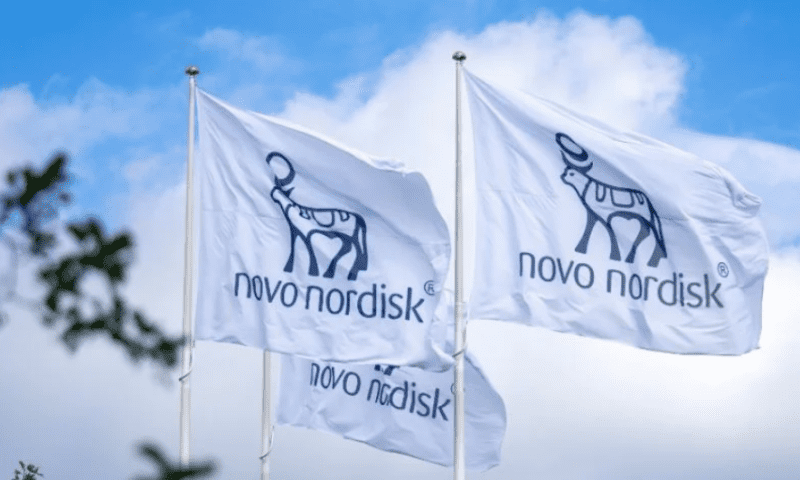Artificial intelligence has increasingly become a go-to tool—rather than a novelty—for drugmakers looking to build the next generation of groundbreaking therapeutics.
Big Pharmas around the world are forging partnerships to apply AI technology to their drug discovery and development processes, including Novo Nordisk, which announced Monday that it has inked a deal with Microsoft to speed up its drug discovery work.
The collaboration will span several years and will see Microsoft lend its AI and other cloud-based data analytics tools to Novo’s R&D department. The companies said they’re planning to take a “platform approach” in their tech partnership, meaning that they’ll develop broad AI models that they can adapt and apply to a wide variety of tasks as time goes on.
Novo and Microsoft have already pinpointed the first two use cases for the AI models that they’ll develop together.
The first will task the AI with automatically sifting through mass amounts of scientific literature, patents, reports and discussion forums to draw up summaries and analyses that could guide researchers toward new findings.
The second will focus on atherosclerosis, a cardiovascular disease that affects around 8% of American adults and that occurs when plaque accumulates in and on the artery walls, blocking the flow of blood. Novo and Microsoft’s scientists will aim to train AI models that can predict a person’s risk of developing the condition, identify biomarkers associated with the disease and single out potential drug targets.
In addition to potentially accelerating Novo’s drug discovery efforts, the pair’s platform-based approach could also advance the field of AI as a whole by demonstrating how human creativity can expand the reach of a single AI model, according to Vijay Mital, VP of AI architecture and strategy within Microsoft’s technology and research division.
“To achieve this ambition, AI needs to learn from every type of information that subject matter experts find valuable, and that requires the type of close interaction between multiple disciplines we see in this partnership,” Mital said in Monday’s release.
Novo is far from the only pharma looking to the Washington-based tech giant for AI support. Microsoft also counts UCB, Novartis, Volastra Therapeutics and more among its drugmaking collaborators.
The company has also launched its own initiative to get AI into the hands of medical researchers: AI for Health, a five-year project that set aside $40 million to help academic institutions and nonprofit research organizations develop drugs and diagnostics, better address global health crises and build out a secure system for sharing medical data.

